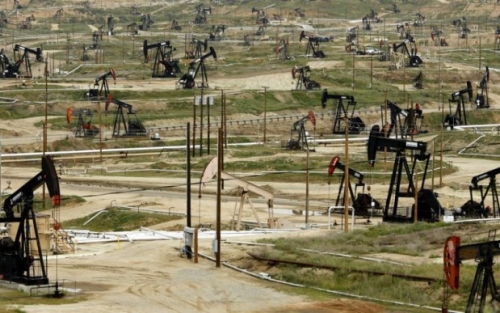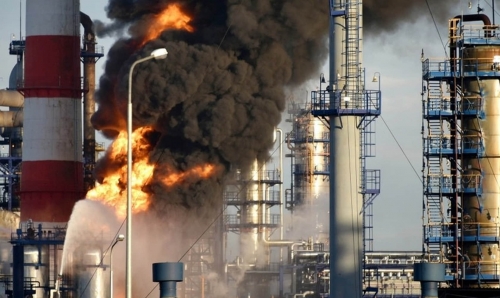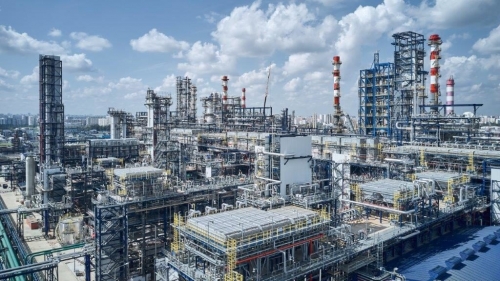TransCanada is taking a cold look at its planned C$15.7 billion (US$12.9 billion) Energy East pipeline after Canada’s National Energy Board (NEB) announced that the review process for the project would be tougher than previously expected.
On September 7, the Calgary-based company said it wanted to suspend the application for Energy East for 30 days and that it might abandon the beleaguered project altogether. In a statement, TransCanada said it would launch a “careful review” of how the regulator’s new review process will affect the cost and timeline of the project, among other factors.
In August, the NEB expanded the parameters of the Energy East review to take a closer look at the project’s indirect greenhouse gas (GHG) contributions and the risk of oil spills and other accidents. For its part, TransCanada has opposed assessing indirect emissions, calling it unnecessary. There is now speculation that the requirement could prove to be a deal breaker.
On September 7, the NEB said that it would decide on TransCanada’s application suspension request “in a timely fashion”, according to international media reports.
Energy East – the most expensive pipeline project ever proposed in Canada – would carry 1.1 million bpd of crude over a distance of more than 2,800 miles (4,500 km) from Alberta to the East Coast for shipment abroad. TransCanada is planning to convert part of an existing natural gas pipeline system to crude oil service as part of the project.
TransCanada has claimed that Energy East would boost Quebec’s economy while helping to alleviate a midstream bottleneck in North America. Originally, the company had planed to begin construction this year, but Energy East is facing strong political, environmental and First Nation opposition, and the project has been beset by delays even at the regulatory review stage.
In August 2016, public protests against Energy East in Montreal prompted the NEB to cancel the first day of hearings on the project. In September 2016, members of the regulatory panel overseeing the hearings resigned amid questions over a potential conflict of interest. The NEB restarted the regulatory review of the pipeline in January 2017, with a new panel appointed. However, in another setback for the project, nearly two years of decisions made by the previous panel were invalidated.
TransCanada seeks suspension of Energy East pipeline application
2017.09.19
1 344

%20(1).png)



